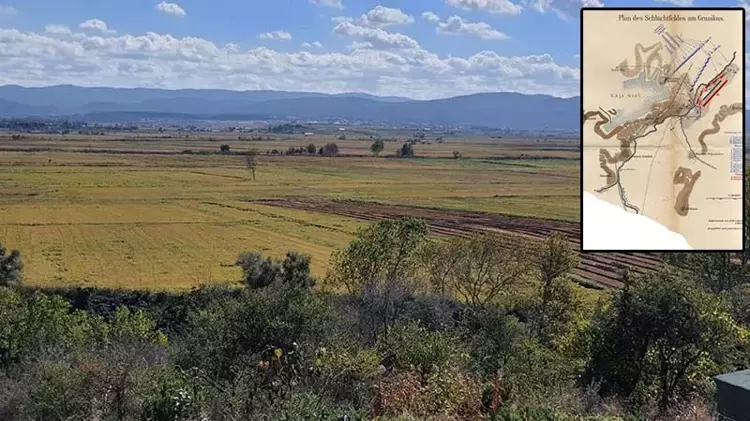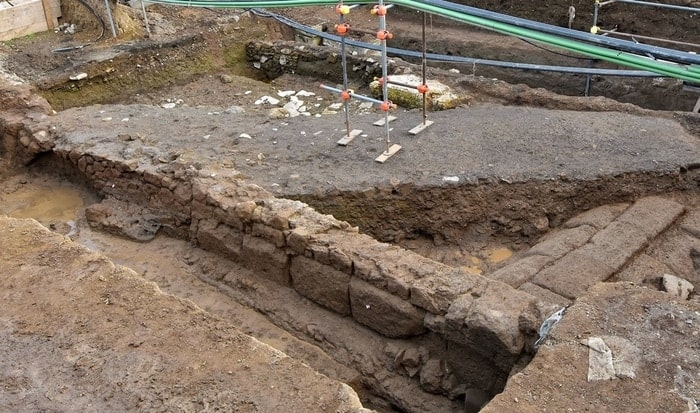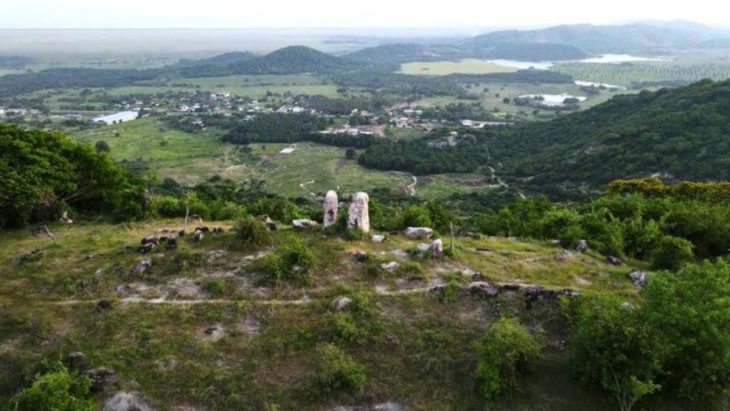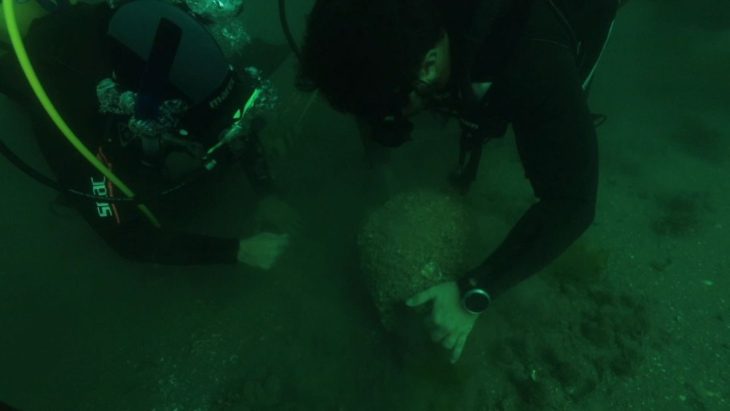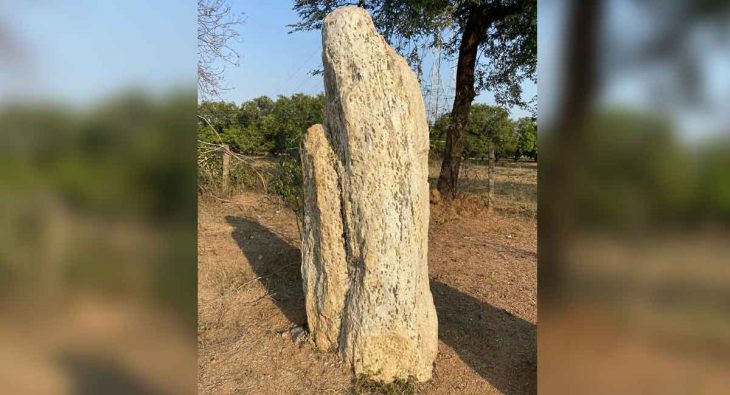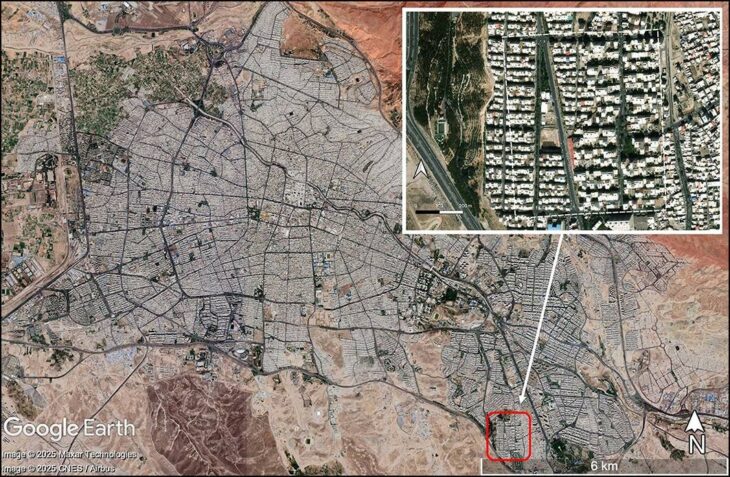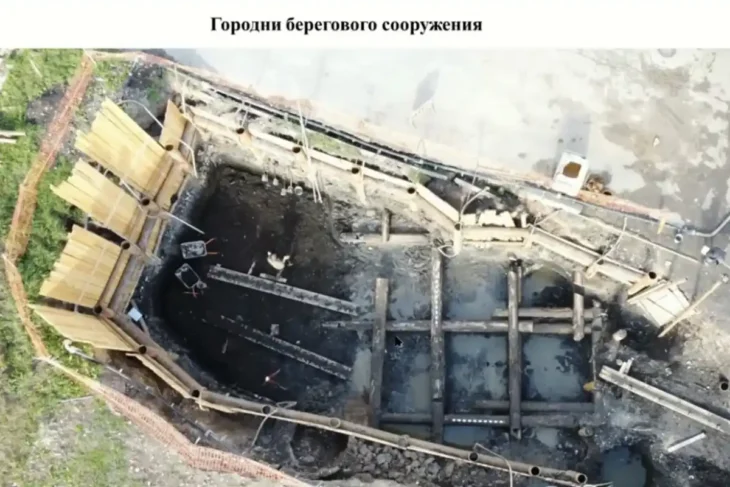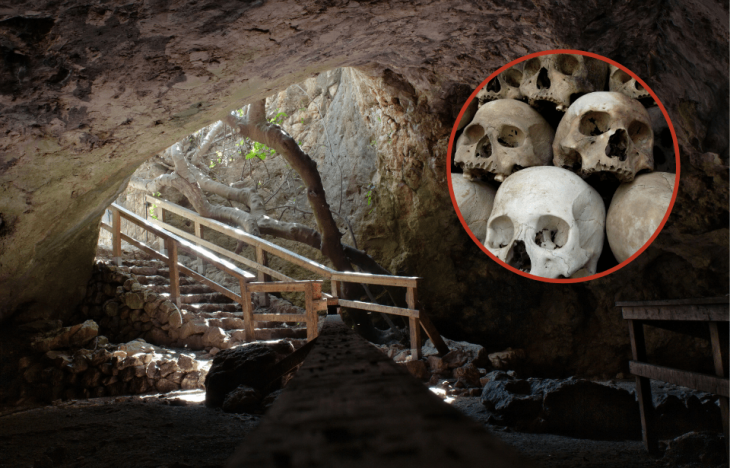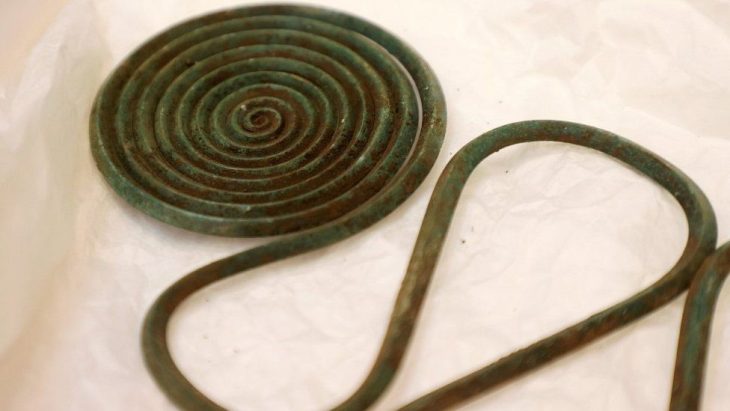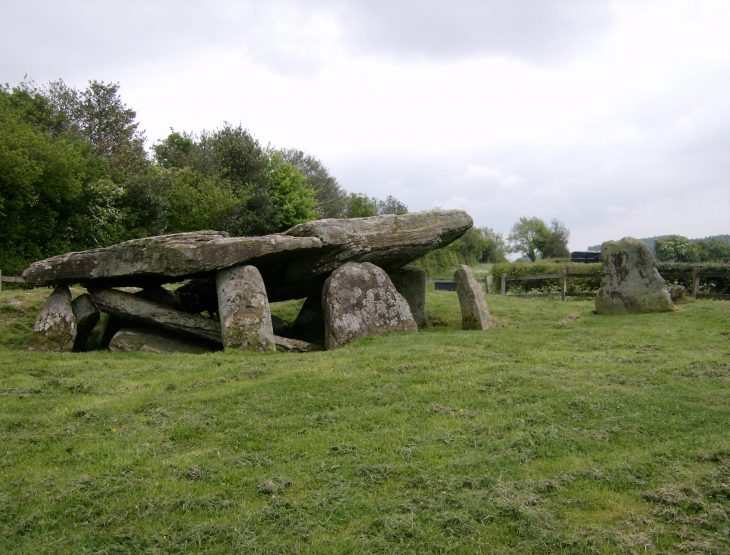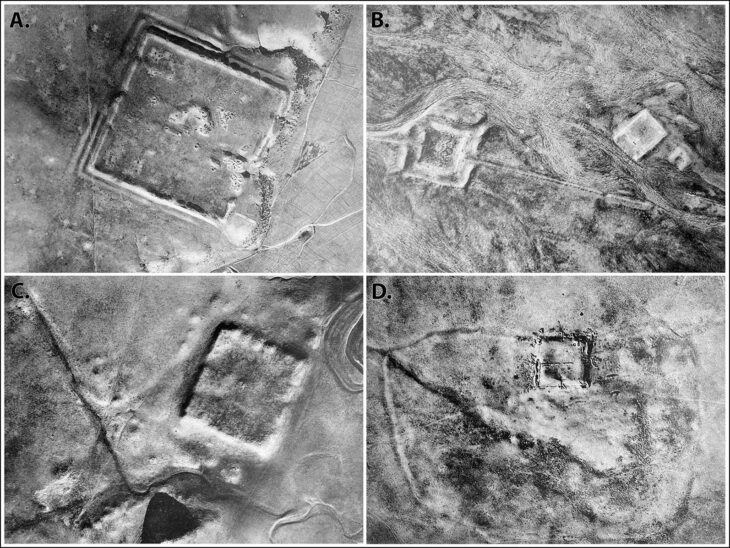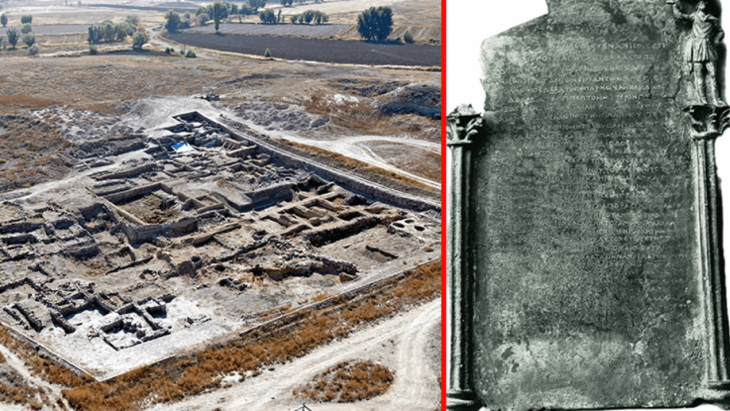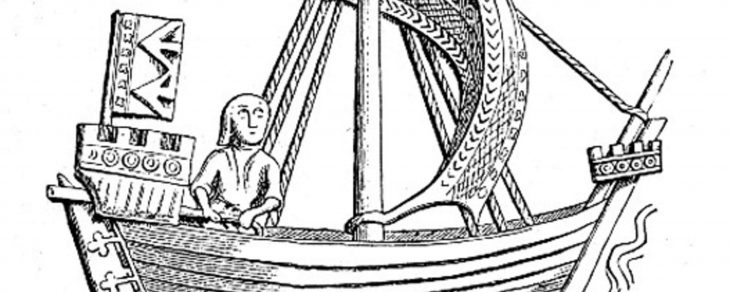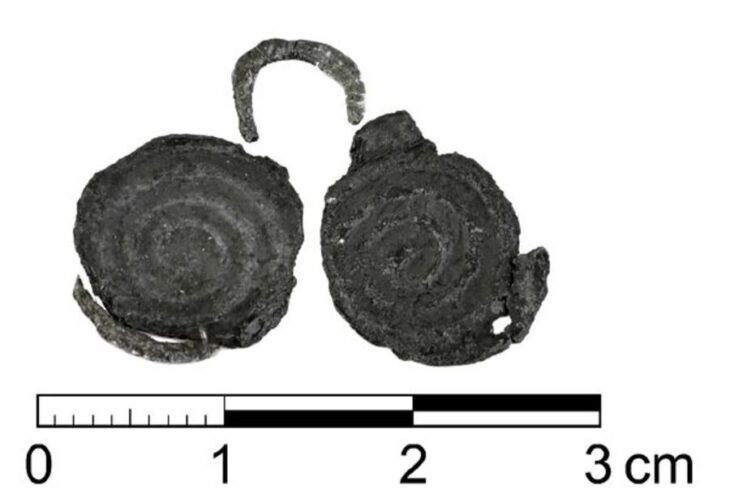After 20 years of research, archaeologists in Türkiye have pinpointed the exact location of the legendary Battle of Granicus, where Alexander the Great won his first significant battle in his pursuit of Asia Minor.
Here, Alexander’s Macedonian army defeated the powerful Persian army for the first time (May 334 BCE), enabling one of the most illustrious empire builders in history to advance deep into his adversary’s territory.
The Battle of Granicus was the first of three major battles between the two armies that allowed Alexander the Great to march onward toward India, Professor Reyhan Korpe, scientific advisor to the project, told Daily Sabah.
The exact location of one of the most legendary warring grounds in human history remained a mystery for more than 150 years. Professor Korpe, however, began his quest to find the epic piece of land twenty years ago, upon which approximately 90,000 men clashed to the death. This year, the team pinpointed the exact location of the 2,400-year-old battle site. The area will soon become a tourist attraction as part of the Alexander the Great Cultural Route Project.
Alexander’s victory over the Persians on the banks of the Granicus River provided definitive proof of his abilities, which is why scholars have long sought to pinpoint the exact location of this pivotal battle.
📣 Our WhatsApp channel is now LIVE! Stay up-to-date with the latest news and updates, just click here to follow us on WhatsApp and never miss a thing!!
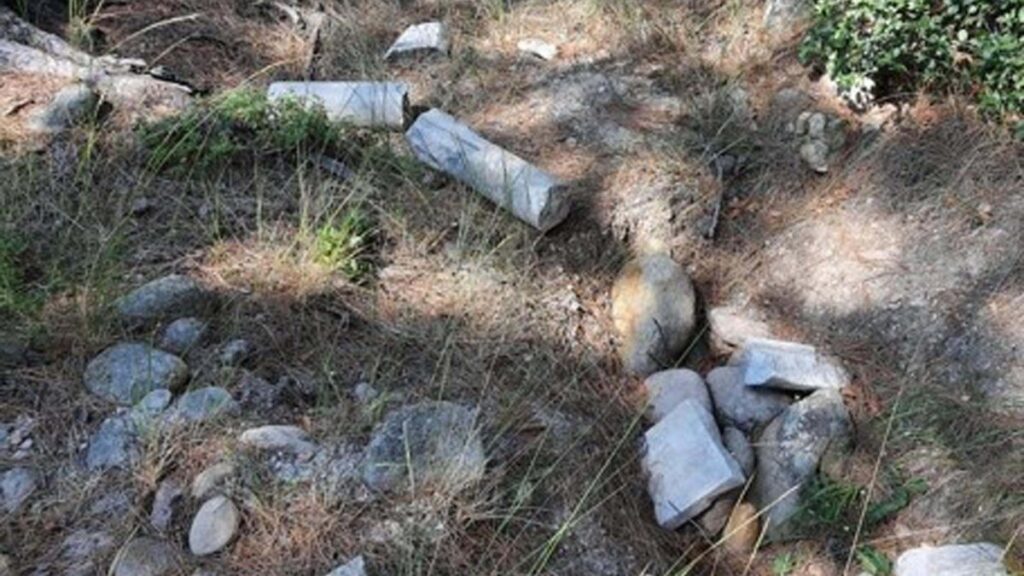
“Over the last three years, we have focused on identifying the precise location of the battlefield, and this year, we made significant findings,” said Professor Reyhan Körpe, a historian from Çanakkale Onsekiz Mart University (ÇOMÜ).
He noted that one of Alexander the Great’s most important battles took place in Çanakkale. “This battle occurred near a river once known as the Granicus, about 100 kilometers (62 miles) east of modern-day Çanakkale, in the heart of the Biga Plain,” he explained.
Researchers knew that the battle occurred along the Granicus River, but historians have long tried to pinpoint its coordinates as no one knew where it happened.
First, they identified the route that Alexander and his army took, which enabled them to focus their research. “We mapped out the exact route Alexander traveled, beginning in Ozbek village, crossing through Umurbey, Lapseki, and ultimately descending into the Biga Plain,” Professor Korpe said.
They not only found the site of the unforgettable battle but also detected the villages that were involved.
Körpe also said that the new route will be added to the existing cultural heritage routes in the region.
The ongoing project in Türkiye aims to transform the battlefield into a tourist destination with cultural significance, led by the Ministry of Culture and Tourism and local municipalities. The important cultural and historical sites will undoubtedly draw history buffs as the nation’s tourism industry grows.
Cover Image Credit: Nazif Cemhan ŞEN/ÇANAKKALE, (DHA)

